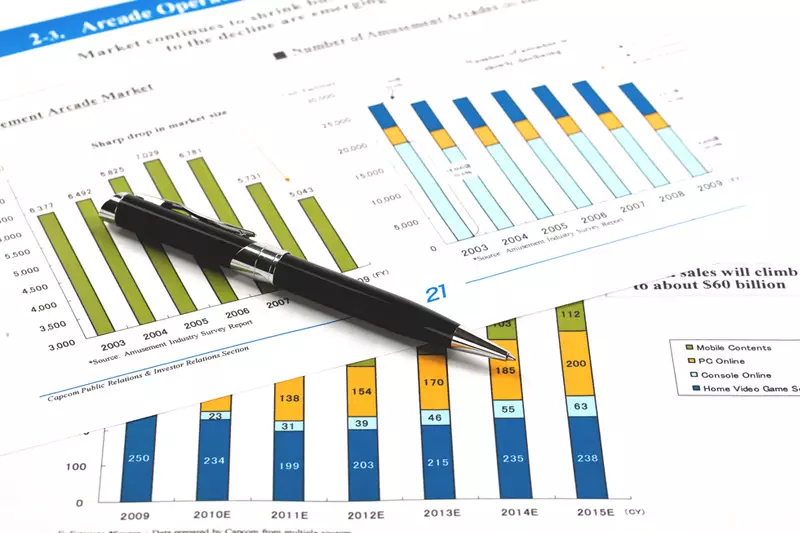Understanding the Yen’s Decline: Economic Forces and Political Implications

The performance of currencies often serves as a mirror reflecting the economic stability and political climate of a nation. Recently, the Japanese yen has faced significant pressure, primarily due to the Bank of Japan’s (BOJ) decision to sustain its ultra-low interest rates in the face of rising U.S. dollar strength. This article delves into the multifaceted reasons behind the yen’s declines, the broader economic indicators at play, and the potential implications for Japan’s fiscal landscape.
In October, the yen has depreciated sharply against the U.S. dollar, marking a downturn of over 6%. Such a decline could lead to the most considerable monthly loss for the yen since November 2016. This depreciation indicates broader trends in global finance, where the U.S. dollar, bolstered by competitive interest rates and economic resilience, has maintained its dominance. The Bank of Japan’s recent decision to keep interest rates unchanged has not only created a vacuum for the yen but also amplified the uncertainties surrounding Japan’s economic strategy. Investors are now keenly assessing the implications of Japan maintaining a divergence from other major economies, particularly in light of the ever-evolving economic data pouring in from both the U.S. and Japan.
The BOJ’s decision to uphold its policy of ultra-low interest rates comes with a commitment to manage inflation around 2%. Analysts note that the bank’s steadfastness in this strategy might imply a cautious approach to reversing stimulus and addressing inflationary pressures. During times of economic uncertainty, such as Tokyo currently faces, this steadfastness can equally foster anxiety among traders and investors concerned about Japan’s longer-term fiscal policies. BOJ Governor Kazuo Ueda’s forthcoming statements will be crucial in shaping market expectations regarding potential future interest rate hikes. The financial community remains divided over the timing and need for rate adjustments by the year’s end, as they weigh the international economic climate against Japan’s domestic aspirations.
The broader economic backdrop is crucial in understanding the yen’s vulnerability. Recent data from the U.S. indicates a resilient economy, with private payroll growth and third-quarter growth figures reassuring investors. The dollar index, which reflects the dollar’s strength against a selection of global currencies, has recently reflected this resilience, inching upwards and testing new highs. Following the release of strong manufacturing data from China, which showed a slight recovery, markets saw a subtle shift in trading patterns. For Japan, a firm dollar against a weakened yen creates a complex situation, influencing import costs and economic competitiveness.
Adding another layer of complexity is the forthcoming U.S. presidential election. With polls showing a close race between Republican candidate Donald Trump and Vice President Kamala Harris, speculation about the victor’s economic policies is influencing global currency markets. Traders are paying close attention to these developments, often positioning themselves based on perceived stability or volatility that could result from the outcome. Japan’s political ambiance, marred by uncertainties, compounds the pressures on the yen, as stakeholders try to forecast the impact on fiscal policy and international trade relations.
The substantial pressure faced by the yen is indicative of both local economic policies and broader international elements including US economic health and political uncertainty. Japan’s current strategy of maintaining low interest rates, paired with external pressures from strong U.S. financial data and looming political events, presents a challenging environment for the yen. The future will greatly depend on how Japan navigates its fiscal policy in response to global economic shifts and whether it can regain investor confidence amid a turbulent financial landscape. Currency traders and policymakers alike will be watching closely, as decisions made in the coming weeks could redefine the trajectory of the Japanese yen well into the future. As the economic climate evolves, the careful balance Japan must strike between policy stability and responsive adjustments will be critical for its financial foothold.





